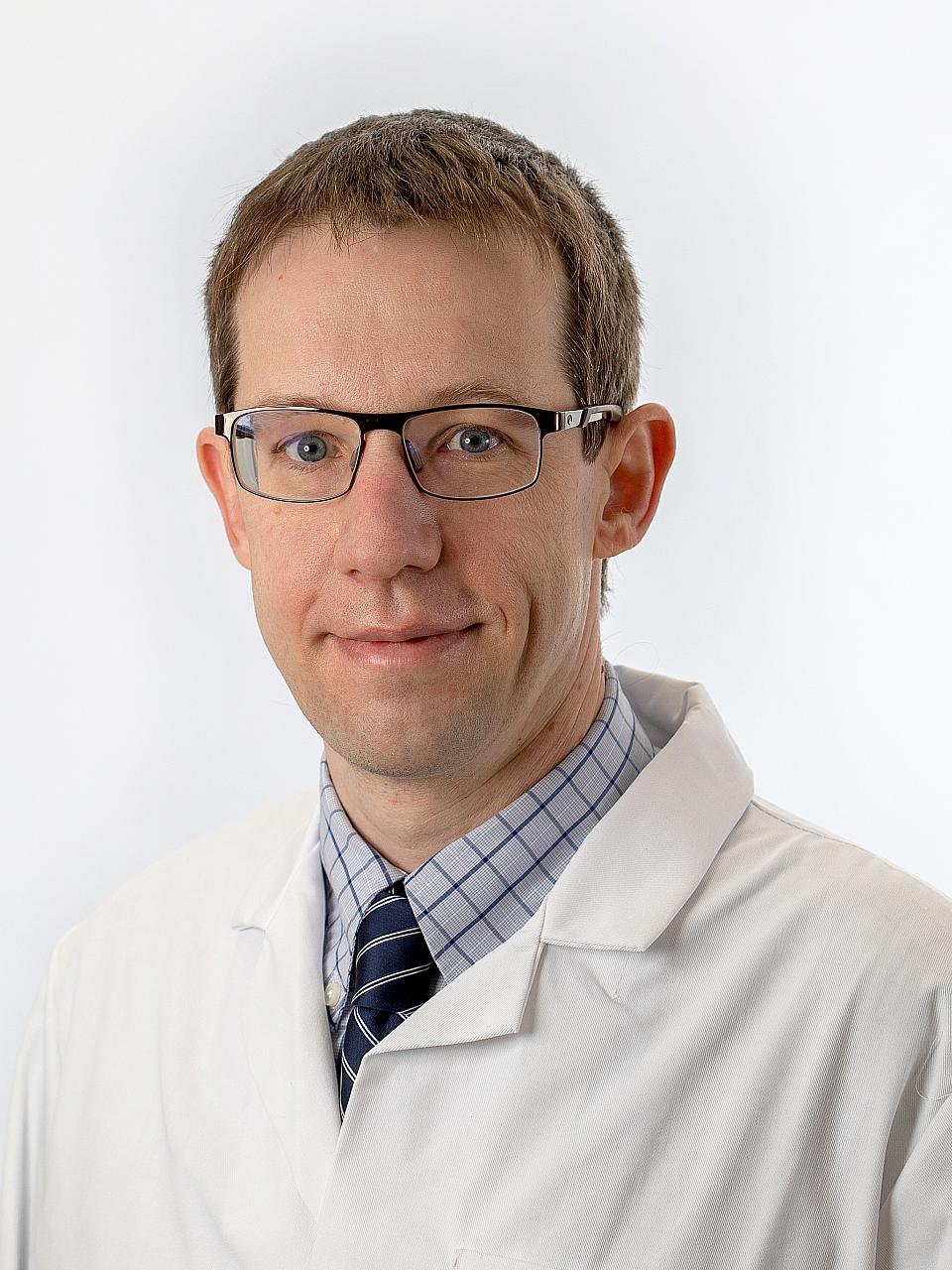
Kidney Transplant Program Expands Access with New Outreach Clinic in Nevada
New Pre-Kidney Transplant Clinic Opens in Nevada

The University of Utah’s Kidney and Pancreas Transplant Program is proud to announce the opening of its third Pre-Kidney Transplant Outreach clinic, now serving patients in Carson, Tahoe, Nevada. This new clinic in the Reno area officially opened its doors on October 30, 2024, making it easier for Nevada patients to receive essential pre-transplant care closer to home.
This expansion is a significant milestone in the program’s commitment to providing broader access to transplant services across the region. With the addition of the Nevada clinic, the program now operates outreach clinics in Idaho, Montana, and Nevada. These clinics serve a growing number of patients from Utah, Idaho, Wyoming, Montana, Nevada, and parts of central California, addressing a rising demand for pre-transplant evaluation and care.
Under the leadership of Miklos Z. Molnar, MD, PhD, Medical Director of the Adult Kidney and Pancreas Transplant Program at the University of Utah, kidney transplant program has grown significantly and now serves not only patients in Utah but also the entire western United States. “The demand for kidney transplants in the region has substantially increased, with the program’s current waitlist exceeding 500 patients—a figure that has more than doubled over the past four years,” said Dr. Molnar. The program anticipates that the need for transplant services will continue to grow, underscoring the importance of outreach efforts like the new Reno clinic in meeting this demand.
The accomplishment reflects the dedication and teamwork of the University of Utah’s Kidney Transplant and Pancreas team. Their commitment to expanding access to lifesaving transplant care has made a significant difference in the lives of patients and their families across the Intermountain West.
This new clinic marks an exciting chapter for the program, which looks forward to further enhancing transplant accessibility and serving the diverse needs of the communities in its care.